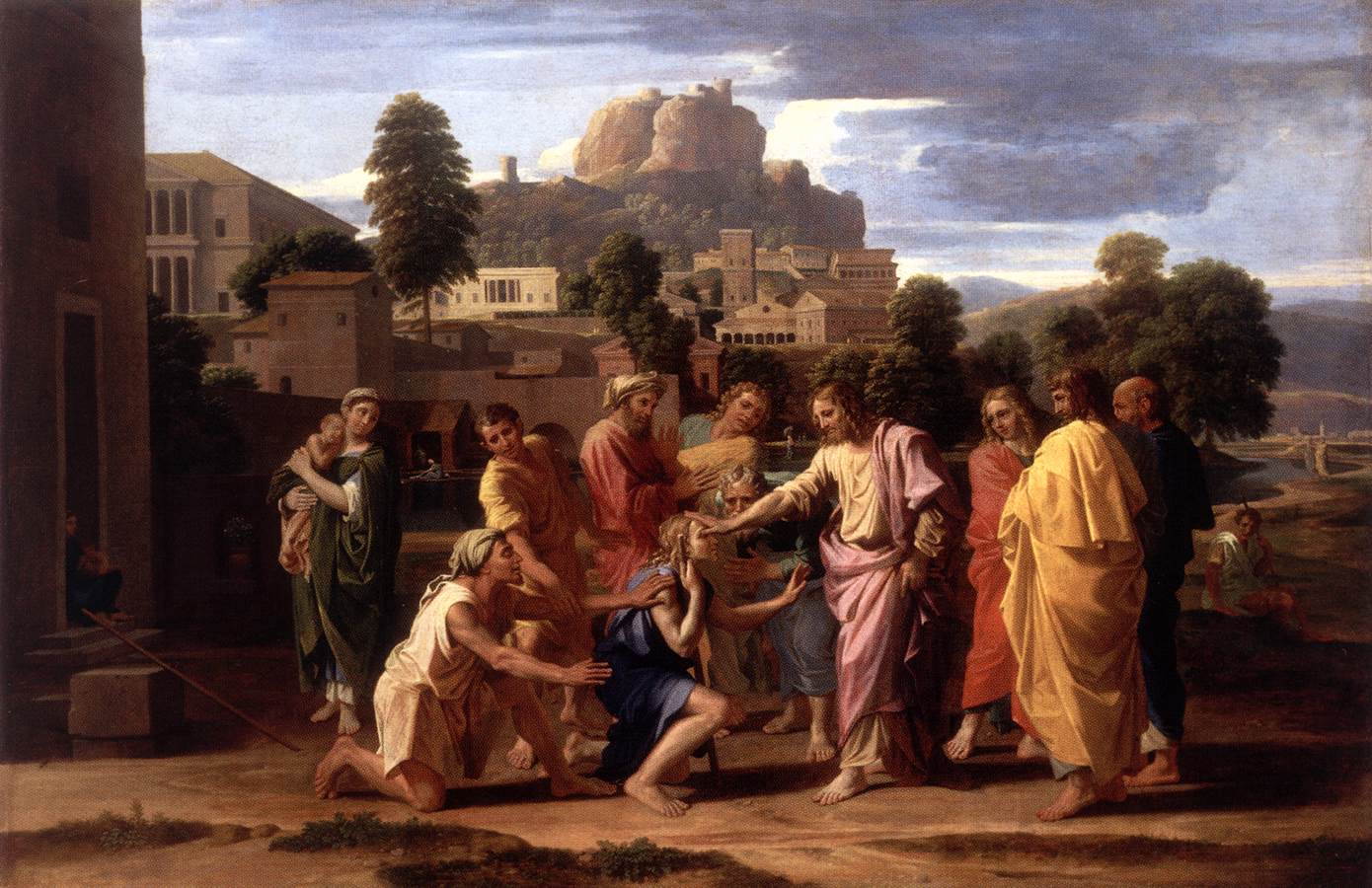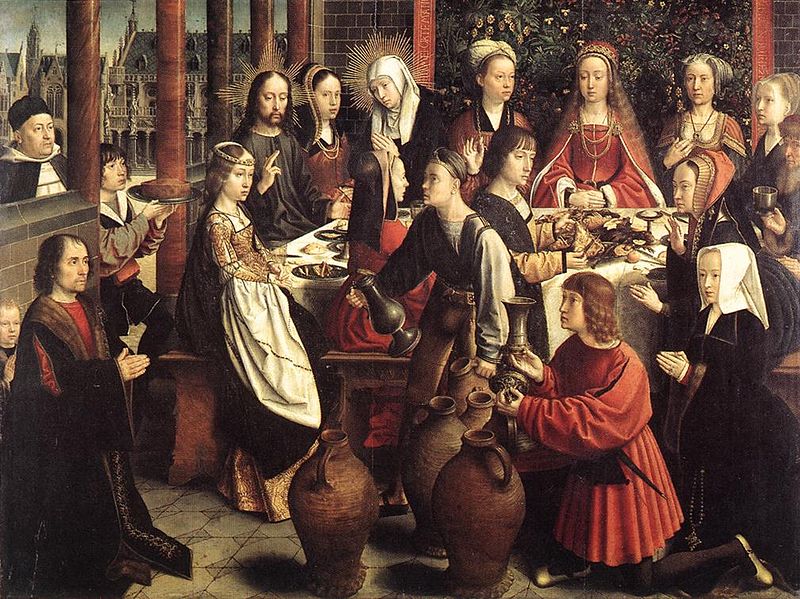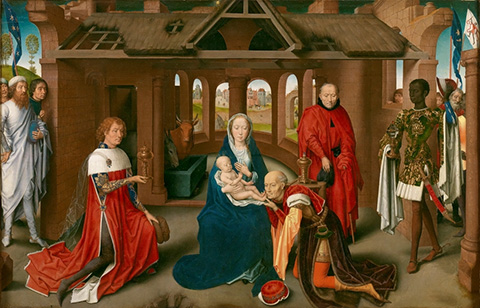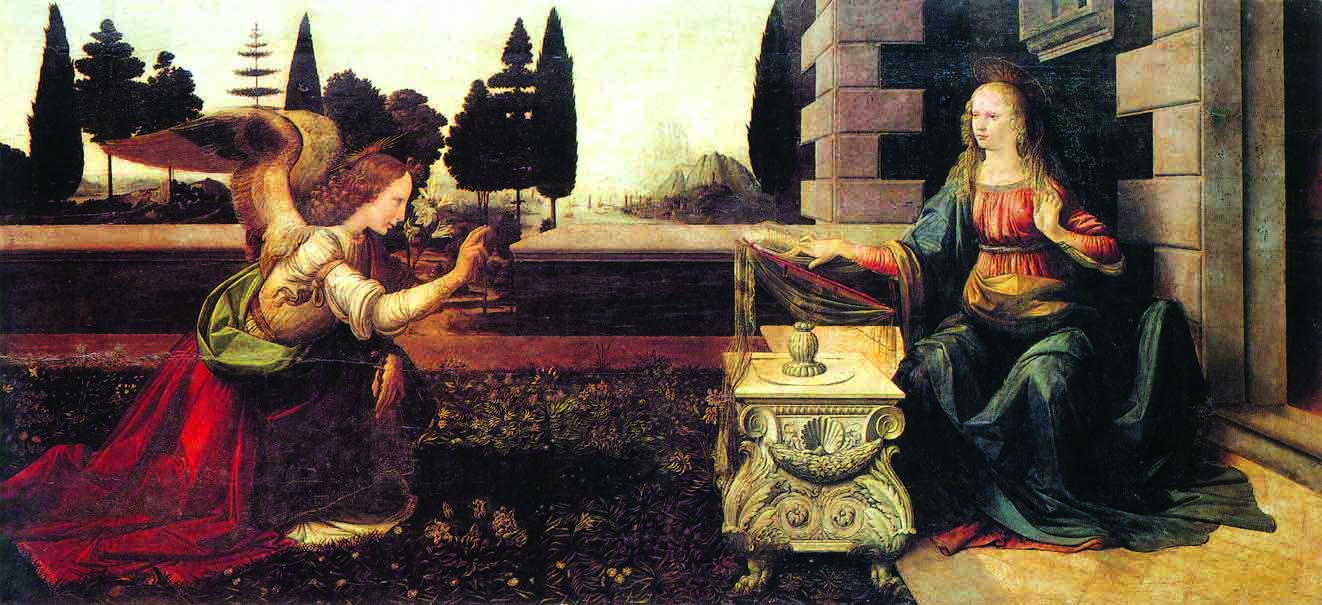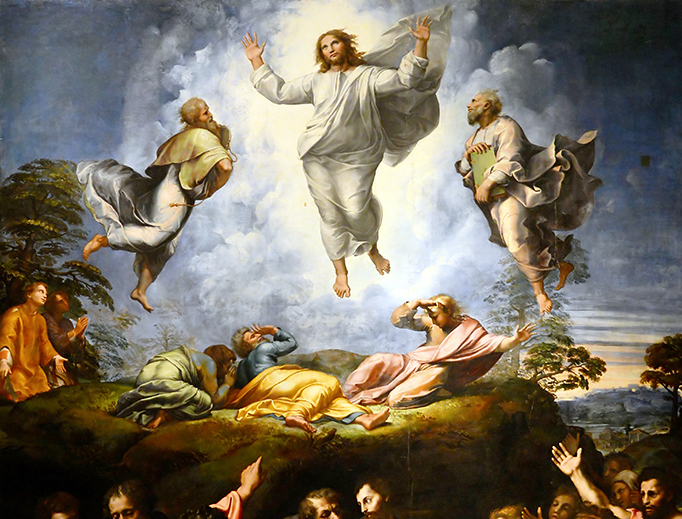 The Second Sunday in Lent will be celebrated in a Latin High Mass at St. Stanislaus Church in New Haven on March 3, at 2:00 pm. The celebrant will be the Rev. Jan Pikulski.
The Second Sunday in Lent will be celebrated in a Latin High Mass at St. Stanislaus Church in New Haven on March 3, at 2:00 pm. The celebrant will be the Rev. Jan Pikulski.
Between Moses and Elias, Jesus shows forth his divine glory, thus foreshadowing His resurrection. He is the Alpha and Omega, the beginning and the end of all things. Today’s Mass places before us the transfigured Lord and the model toward Whom we must tend, and our own transfiguration as the goal we must attain. We reach this goal by a profound realization of our sinfulness and need of a Redeemer; by preserving purity of body and soul; by combatting our passions and carnal instincts and observing the commandments; and, most importantly, by participating in the Mass.
Let the light of the grandeur of Jesus transfigured prepare us for a contemplation of the humiliation of His Passion.
Music for the service performed by the Schola Cantorum of the St. Gregory Society, will include the Gregorian chant Missa Orbis factor (Vatican edition XI), the chant proper for the Mass (Reminiscere), and polyphonic motets by Giovanni Pierluigi da Palestrina and Orlando di Lasso.

